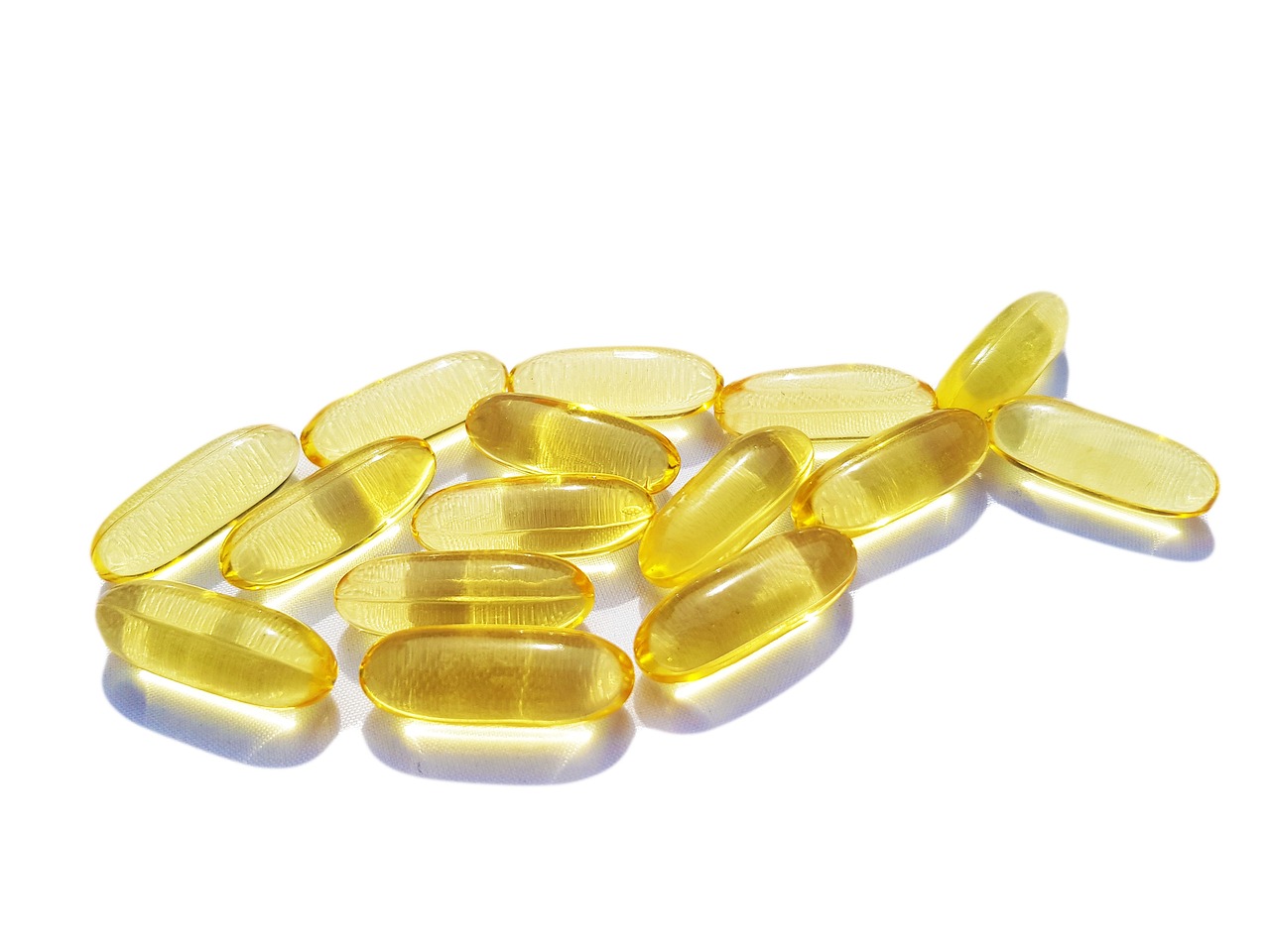Summary
Step 1: Detoxify your body with anti-oxidants
Step 2: Boost your hormones: omega-3 and calcium
Step 3: Regulate your insulin secretion
Step 4: Watch your weight
Want to get pregnant? What if you put all the chances on your side with an adapted diet? Here are our tips for eating foods that promote fertility for men and women.
Step 1: Detoxify your body with anti-oxidants
Toxins harm reproduction. It is therefore essential to eliminate them. How can you do this? By consuming natural anti-oxidants: vitamins, minerals, zinc, beta-carotene, polyphenols, etc.
Anti-oxidants increase the motility and concentration of spermatozoa. Studies have shown that women whose partners consume natural anti-oxidants are more likely to get pregnant.
You’ll find them:
In fruits and vegetables! Red fruits are particularly recommended. You can eat green leafy vegetables without moderation (if they are not cooked with fat): broccoli, artichokes, cooked spinach…
Finally, fish, seafood, eggs, offal, and red meat are also necessary to intake zinc and selenium.
Think of almonds and hazelnuts, carrots, apricots, melon, and mango!
Step 2: Boost your hormones: omega-3 and calcium

Eat omega-3
Omega-3s are helpful for the production of hormones. One of the effects of hormones is to increase the blood supply to the uterus and, therefore, the chances of getting pregnant. For men, omega-3s will also improve sperm quality.
Prepare fatty fish (mackerel, anchovies, sardines, salmon, etc.), seafood, or eggs!
Choose oils rich in omega-3 (olive, rapeseed, walnut, or flaxseed oil).
Eat calcium
Calcium is essential for the balance of our sex hormones. Give up the 0% yogurt diet! Eat one to two whole milk products a day: whole milk, cottage cheese, small Swiss cheeses, non-light yogurts…
Coenzyme Q10
Low sperm quality, strongly associated with oxidative stress, is implicated in half of all infertility cases. Studies all show a beneficial effect of CoQ10 supplementation on sperm quality parameters.
The recommended dosage is 150 to 300 mg/day for twelve weeks to several months.
Step 3: Regulate insulin secretion
Insulin secretion increases when you eat foods with a high glycemic index (GI). This increase in insulin secretion is detrimental to fertility and, more specifically, ovulation. You should therefore choose foods with a low glycemic index:
- cereals and wholemeal flours
- dried vegetables
- fruits, vegetables;
- Agave syrup…
Step 4: Pay attention to your weight
The first rule to conceiving a baby is to eat a balanced diet! Being overweight or too thin reduces your chances of getting pregnant. Try to have a stable weight and reserve a strict diet for another time in your life.
Consult your gynecologist or a general practitioner if you don’t get pregnant after a year of unsuccessful attempts.
Want to read more? These posts will keep you busy for sure!
– 7 Foods that Actually Damage Your Kidneys;
– Melatonin Is Not A Sleeping Pill;
– Experience Eating 2 Bananas Daily and See What Happens;
– 11 Best Foods to Prevent Hair Loss;
– Eat these 7 Anti-aging Foods;
– 4 Reasons Why You Should Eat Olives;
– 8 Foods To Avoid If You Have Joint Pain;
– WARNING! 5 Reasons Why You Should Stop Eating French Fries Regularly!
– Drink This Before Bedtime and Lose Weight Overnight!
– Why and When to See a Podiatrist;
– Testosterone Growth Hormones for Bodybuilding – Should you buy them?
– A Guide To Bodybuilding Nutrition;
– 7 Tips for More Energy in the Morning;
– Not Hungry in the Morning: Should We Force Ourselves to Eat?
– Is Eating Raw Food Good For You?
– Anti-Cellulite Foods: How Does It Work;
– Flax Seed: The Partner for Your Health and Slimming Needs.



Pingback: How Fertile Are You During Menstruation? – Hello sites
Pingback: Top 6 Tips To Ameliorate Male Fertility – Hello sites